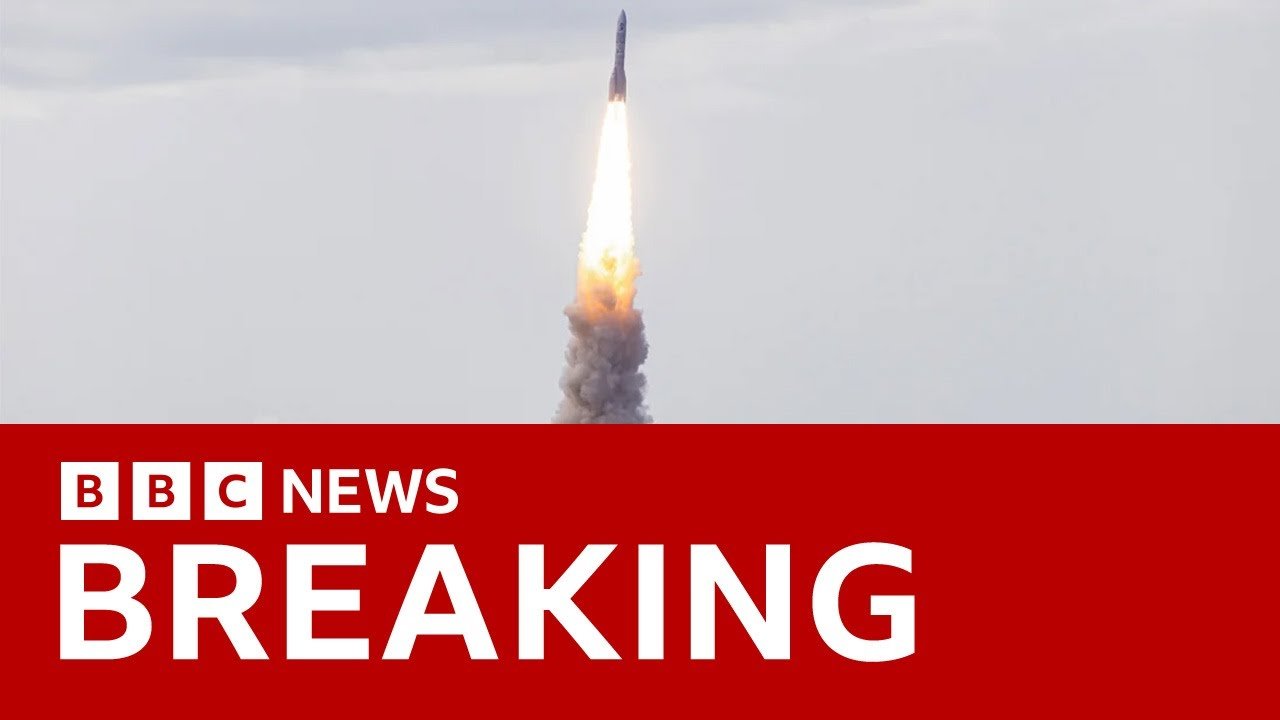Today marks a significant achievement for the European Space Agency as the Ariane-6 rocket successfully launched from French Guiana. This inaugural flight, a demonstration mission, aims to deliver a group of satellites into orbit. The launch is pivotal, granting European governments and companies independent access to space. The event was met with exhilaration and anticipation, with the operations team confirming a smooth progression and all systems performing nominally.
- The Ariane-6 rocket’s successful launch occurred in French Guiana, marking a significant moment for the European Space Agency.
- This inaugural flight is intended as a demonstration mission to deploy a cluster of satellites into orbit.
- The mission aims to provide European entities with independent access to space, a crucial development for future space endeavors.
- Launch conditions were favorable, with clear skies following a day of rain, enhancing visibility for the event.
- The rocket’s boosters played a pivotal role in the launch, propelling the vehicle to a height of 60 km and burning almost 300 tons of fuel within two minutes before their separation.
- The operations team reported that all systems were functioning nominally, with the trajectory of the rocket as planned.
- The fairing, or nose cone, which protected the spacecraft during its initial ascent, was successfully jettisoned after exiting the atmosphere.
- Live footage from cameras mounted on the rocket provided unprecedented views of the booster separation and the Earth below.
The British Broadcasting Corporation is a British public service broadcaster headquartered at Broadcasting House in London. Originally established in 1922 as the British Broadcasting Company, it evolved into its current state with its current name on New Year’s Day 1927.
AllSides Media Bias Rating: Center
https://www.allsides.com/news-source/bbc-news-media-bias
Official website: https://www.bbc.com/
Original video here.
This summary has been generated by AI.

Leave a Reply